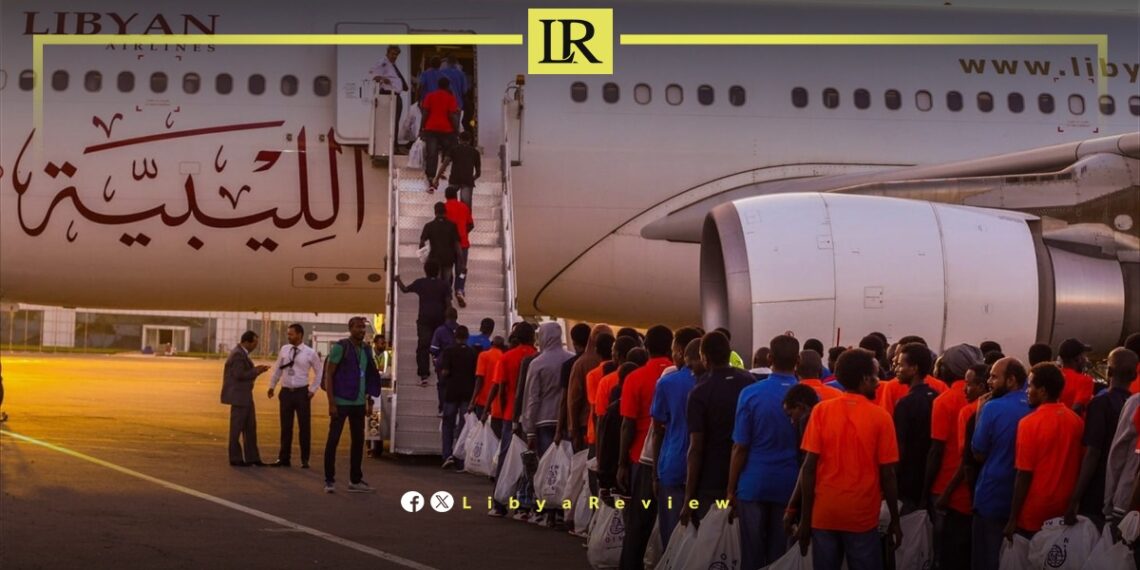On Monday, the Italian news agency Nova reported the arrival of 119 refugees evacuated from Libya at Rome’s Fiumicino Leonardo da Vinci Airport. The group comprised 90 men, 18 women, and eight families.
According to a statement from the United Nations High Commissioner for Refugees (UNHCR), the refugees originated from Eritrea, Ethiopia, Syria, Somalia, Sudan, and South Sudan. This marks the third flight executed under a protocol signed in December 2023 by the Italian Ministries of Interior and Foreign Affairs and International Cooperation, the UNHCR, Arci Foundation, the Sant’Egidio Community, the Federation of Evangelical Churches, and the INMP Institute.
The protocol outlines the evacuation of 1,500 refugees from Libya to Italy over three years. This initiative renews a commitment Italy made in 2017, which facilitated the reception of approximately 1,500 people from Libya through evacuation or humanitarian corridors.
The beneficiaries of this protocol are individuals forced to flee their countries due to wars and violence and are temporarily in Libya. They include children, women victims of human trafficking, survivors of violence and torture, and individuals with severe health conditions selected by the UNHCR.
The protocol signed in December 2023 is a collaborative effort involving multiple organisations and institutions. The Italian government, through its Ministries of Interior and Foreign Affairs, plays a pivotal role in facilitating these evacuations. The involvement of the Arci Foundation, the Sant’Egidio Community, the Federation of Evangelical Churches, and the INMP Institute underscores a broad coalition dedicated to humanitarian support and integration.
By agreeing to evacuate 1,500 refugees over three years, Italy is providing a critical lifeline to some of the most vulnerable individuals trapped in Libya. This initiative not only helps alleviate the immediate suffering of these refugees but also sets a precedent for international cooperation and responsibility-sharing in addressing global humanitarian crises.
Among the refugees evacuated are some of the most vulnerable groups, including victims of trafficking, survivors of violence, and those with severe health conditions. The prioritisation of these groups highlights the UNHCR’s focus on providing protection and assistance to those in dire need. The inclusion of children and women further underscores the emphasis on safeguarding those who are often most affected by displacement and conflict.


